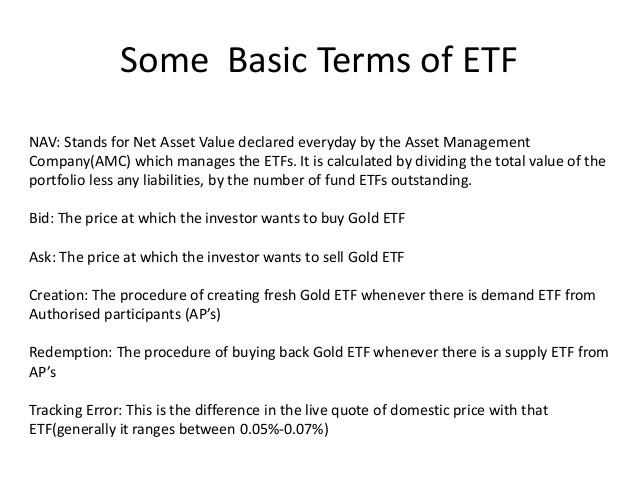ETFs or Mutual Funds Why Not Both
Post on: 13 Апрель, 2015 No Comment

Over the past several months I’ve read a number of articles along the lines of “ETFs vs. Mutual Funds.” In most cases these articles take an either or position which is generally in favor of ETFs. While I am a fan of ETFs and use them extensively in client portfolios, my question is why do we need to choose between ETFs and mutual funds ? Why not use both?
Looking over the portfolios of my individual clients I could not find one that did not include both ETFs and mutual funds. In addition some include closed-end mutual funds as well as individual stocks.
Advantages of ETFs
Originally ETFs were introduced as a way to trade various stock market indexes. The S&P 500 SPDR (ticker SPY ) just turned 20 and is generally at or near the top of the list in terms of ETF trading volume. The availability of low cost ETFs across a variety of equity and fixed income indexes has mushroomed over the years. As a financial advisor I use them extensively for their style consistency, low cost, and in many cases their consistently above average performance within their style peer groups.
Especially after the 2008-09 financial crisis the number of ETFs offered has mushroomed and so has the variety of offerings. Actively managed ETFs are growing and the success of PIMco’s ETF version (ticker BOND ) of its popular PIMco Total Return (ticker PTTRX ) mutual fund will undoubtedly spur further growth here.
Why bother with Mutual Funds?
In looking at mutual funds you have to divide them into actively managed funds and passive (index) funds.
If you are indexing all or part of your portfolio you want to look at various factors in making your decision as to whether to go with a mutual fund or an ETF. These include:
- The size of your account/portfolio. Even in the world of index mutual funds there are some lower cost versions available to investors who can meet higher minimum investment thresholds. Vanguard is a good example here.
- Cost to own. The expense ratio should be the main factor, but transaction costs can come into play. While the availability of no-transaction fee ETFs is growing, the ETF you want to buy may not be on this menu at a given custodian. Likewise some mutual fund families might incur a transaction fee at certain custodians.
- How will you invest? If you are dollar cost averaging into a fund/ETF at say $250 per month you’ll want to look for options with no transaction costs.
While actively managed mutual funds get a bad rap in the press, there are still a number of well-managed reasonably priced funds across equity and fixed income styles. A Schwab study a number of years ago touted a “core and explore” approach to investing. This meant that the core of the portfolio would be index funds. with the use of actively managed funds in certain asset classes where good index products were not available.
Given the expansion of indexing to a wide range of assets classes in both the ETF and mutual fund format this approach in its original form may be passé. However I still use a number of actively managed funds across both individual and institutional portfolios.
In choosing an active fund I’m looking for some or all of the following:
- Long-term outperformance.
- Superior risk-adjusted performance.
- Consistency of management.
- Something that I can’t find in an index product that adds to the overall quality of the portfolio.
Certainly there are a lot of mutual funds that don’t belong in your portfolio. Loaded funds. proprietary funds from various brokerage houses and other high fee alternatives put a lot of money into your broker/registered rep’s pockets. Go with no load funds and always shop for the most competitive share class available to you in terms of expense ratio.
Why exclude either ETFs or Mutual Funds?
My point here is not to argue the merits of either mutual funds or ETFs, or for that matter active management vs. passive. Certainly I’ve seen some excellent examples of portfolios that are all ETF and/or all index products.
However why limit yourself and feel that you need to avoid funds or ETFs? There are so many choices out there, I feel that I owe to my clients to look at the whole universe of ETFS, mutual funds, and other products that might enhance their portfolio and help them to achieve their investment goals. In building a portfolio I suggest that you take the approach of picking the best investing vehicles for the various allocation buckets in your portfolio whether they be ETFs, mutual funds, actively managed, or passive index products.
Please feel free to contact me with your questions.
Check out an online service like Personal Capital to manage all of your accounts all in one place. Please check out our Resources page for more tools and services that you might find useful.














